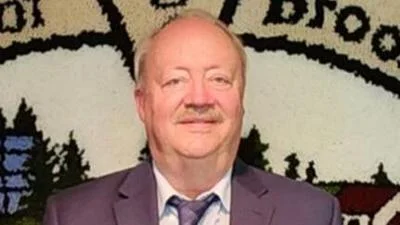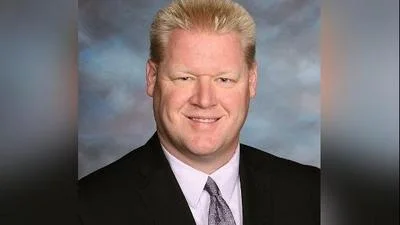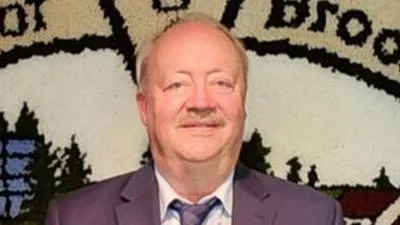Jim Piwowarczyk, Wisconsin State Representative for 98th District | www.facebook.com
Jim Piwowarczyk, Wisconsin State Representative for 98th District | www.facebook.com
According to the Wisconsin State Legislature's official website, the bill was described as follows: "requiring a subpoena to a law enforcement officer or tribal law enforcement officer served in official capacity to be served at the officer’s work address".
The following is our breakdown, based on the actual bill text, and may include interpretation to clarify its provisions.
In essence, this bill mandates that subpoenas for law enforcement officers, including tribal officers, served in their official capacity must be delivered exclusively to their work address. This changes the existing procedure, which allows for subpoenas to be given directly to the individual, left at their residence, or read to them. Under the new rule, the subpoena can either be exhibited and read to the officer, handed directly, or left at their work address. This adjustment aims to standardize the delivery process for officers, ensuring subpoenas are served through a professional channel.
The bill was co-authored by Senator Jesse L. James (Republican-23rd District), Representative David Armstrong (Republican-67th District), Representative Elijah R. Behnke (Republican-6th District), Representative Barbara Dittrich (Republican-99th District), Representative Jenna Jacobson (Democrat-50th District). It was co-sponsored by Senator Steve L. Nass (Republican-11th District), Senator Cory Tomczyk (Republican-29th District), and Senator Van H. Wanggaard (Republican-21st District), along five other co-sponsors.
Jim Piwowarczyk has co-authored or authored another 46 bills since the beginning of the 2025 session, with none of them being enacted.
Piwowarczyk, a Republican, was elected to the Wisconsin State Assembly in 2025 to represent the state's 98th Assembly district, replacing previous state representative Adam Neylon.
In Wisconsin, the legislative process starts when a senator, constituent, group, or agency proposes an idea for a bill. After drafting, the bill is introduced, numbered, and referred to a committee for review and public input. If approved, it moves through three readings and votes in both the Senate and Assembly. Once both chambers pass the same version, the bill goes to the governor, who can sign it, veto it, or let it become law without a signature. Only a small share of bills introduced each session ultimately become law. You can learn more about the Wisconsin legislative process here.
| Bill Number | Date Introduced | Short Description |
|---|---|---|
| AB191 | 04/15/2025 | Requiring a subpoena to a law enforcement officer or tribal law enforcement officer served in official capacity to be served at the officer’s work address |
| AB165 | 04/08/2025 | Local guaranteed income programs |
| AB157 | 04/02/2025 | Prohibiting filing or recording contracts for services or materials that do not improve real estate and providing a penalty. (FE) |
| AB124 | 03/11/2025 | Prohibiting persons who have been convicted of a violent crime from changing their name and providing a penalty |
| AB60 | 02/24/2025 | Referendum questions for certain referenda that affect property taxes. (FE) |
| AB24 | 02/12/2025 | County sheriff assistance with certain federal immigration functions. (FE) |






 Alerts Sign-up
Alerts Sign-up